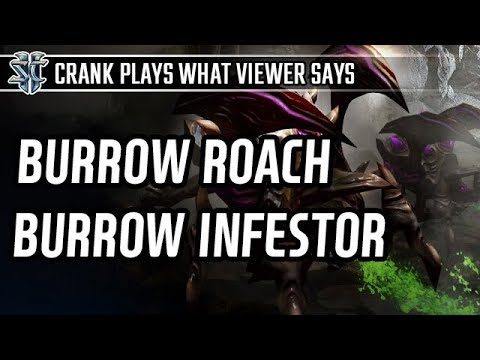From our WIKI section.
Did you know that ……. ???
Starcraft Heroes – Kachinsky
Nephew of the Kelanis guildmaster, Abraham Kachinsky, Milo would inherit a significant portion of the family’s shipping lines. His Excellency Brother, Victor Kachinsky, a rebel, died at the Confederacy of Artesian Prime Ministers. Victor’s use of spider mines,
Planets Starcraft – Umoja
Of the four Terran supercarriers that carried many thousands of Terrans to the Koprulu sector, two had to make an emergency landing on the strange and wild planet of Umoja. One ship, the Sarengo, suffered critical system failures and was destroyed on impact.
Starcraft Units – Colossus
The Towering Colossus is a robotic unit developed by the Protoss, dating back to the bloody conflicts of the Kalath Intercession. He strides across the battlefield on his four long legs, which give him an extremely high degree of mobility. Thanks to its enormous size, this machine can negotiate cliffs or steep terrain without too much difficulty, which at the same time gives it an optimal firing position.
Starcraft Missions – Dark Turn
Description: So we made our way to the forbidden archive world of Zhakul. There the triumvirate of enigmatic keepers awaited us. And in the shadows, something else was watching us…lurking.
Starcraft Buildings – Forge
The Forge is a structure in the Protoss Tech Tree, which requires a Nexus before it can be warped in. The Forge is the research center for Ground Weapons, Ground Armor, and Shields upgrades. It also unlocks the Photon Cannon.
Follow us and check out our social media accounts on Twitter, Facebook & YouTube ►
● on Twitter ► esport.directory
● Facebook ► esport.directory
● Youtube ► esport.directory
Starcraft
Starcraft is a turn-based game. The active player receives the obligatory first player token, so it should always be clear whose turn is being played, and especially interesting: StarCraft does not require any dice at all.
To get started, you first have to agree on your faction, then gather all the necessary figures, cards and tokens of your faction (woe betide the game master who only starts sorting now!) and leave the table in the middle free, as this is where the galaxy, i.e. the playing field, is built.
This proceeds similarly to Twilight Imperium.
Each player draws two planet tokens, which they can use to pick their planets from the planet stack. This step is necessary because the planet cards are shaped differently and the tokens are the only way to ensure that the drawing is random.
The starting player then places his first planet in the center of the table and can already build a base – but he doesn’t have to, then he has to do it on his second planet as soon as he lays it out.
Once the first planet is in place, it is the next player’s turn to lay out his first planet and connect it to the previous player’s planet with a navigation route cardboard piece. The last player may lay out both planets at the same time and then it goes in reverse order to the starting player. This way a more or less interconnected galaxy is created.
Finally, Z-axes are laid, which are navigation routes across loose ends, sort of a 3D conversion.
Each player receives the corresponding resource cards for his two planets and then only the event cards are reduced according to the number of players, shuffled and placed on the board. There are three event card phases, which is symbolized by different card backs and should help the game to become faster and more powerful towards the end. Now the game can start.
Each round is divided into three phases.
Starcraft is a turn-based game. The active player gets the obligatory first player token, so it should always be clear whose turn is being played, and most interestingly, StarCraft doesn’t require any dice at all.
To get started, you first have to agree on your faction, then gather all the necessary figures, cards and tokens of your faction (woe betide the game master who only starts sorting now!) and leave the table in the middle free, as this is where the galaxy, i.e. the playing field, is built.
This proceeds similarly to Twilight Imperium.
Each player draws two planet tokens, which they can use to pick their planets from the planet stack. This step is necessary because the planet cards are shaped differently and the tokens are the only way to ensure that the drawing is random.
The starting player then places his first planet in the center of the table and can already build a base – but he doesn’t have to, then he has to do it on his second planet as soon as he lays it out.
Once the first planet is in place, it is the next player’s turn to lay out his first planet and connect it to the previous player’s planet with a navigation route cardboard piece. The last player may lay out both planets at the same time and then it goes in reverse order to the starting player. This way a more or less interconnected galaxy is created.
Finally, Z-axes are laid, which are navigation routes across loose ends, sort of a 3D conversion.
Starcraft Gameplay, Starcraft Rankings, Starcraft Release Date, Starcraft Carrier, ‚ Starcraft Cover, Starcraft Skins, Starcraft Videos, Starcraft Video YouTube, Starcraft PS4, Starcraft Platforms, Starcraft Players, Starcraft Team,




